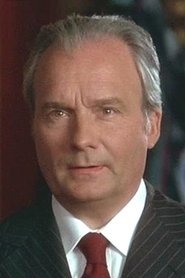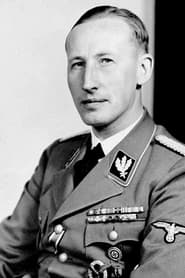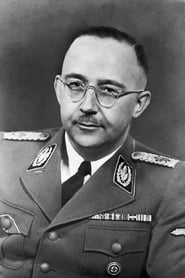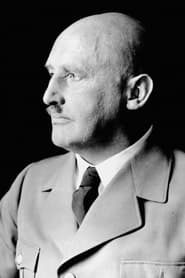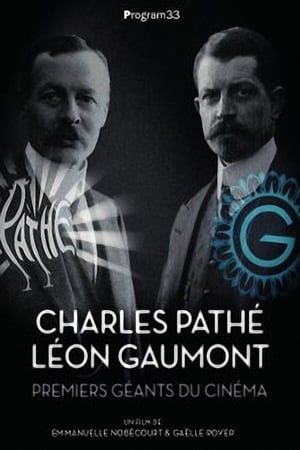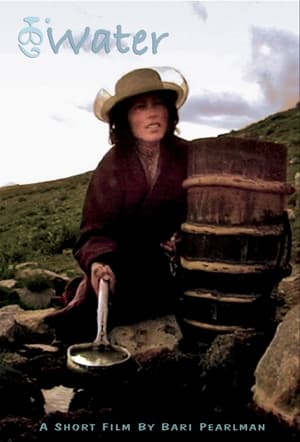

Night and Fog(1959)
Filmmaker Alain Resnais documents the atrocities behind the walls of Hitler's concentration camps.

Movie: Night and Fog
Recommendations Movies
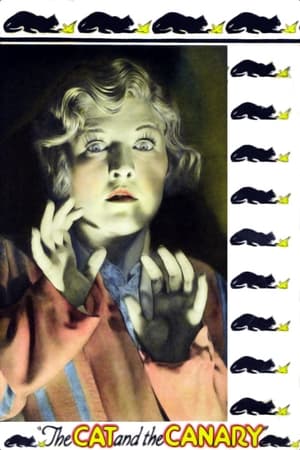 6.8
6.8The Cat and the Canary(en)
Rich old Cyrus West's relatives are waiting for him to die so they can inherit. But he stipulates that his will be read 20 years after his death. On the appointed day his expectant heirs arrive at his brooding mansion. The will is read and it turns out that Annabelle West, the only heir with his name left, inherits, if she is deemed sane. If she isn't, the money and some diamonds go to someone else, whose name is in a sealed envelope. Before he can reveal the identity of her successor to Annabelle, Mr. Crosby, the lawyer, disappears. The first in a series of mysterious events, some of which point to Annabelle in fact being unstable.
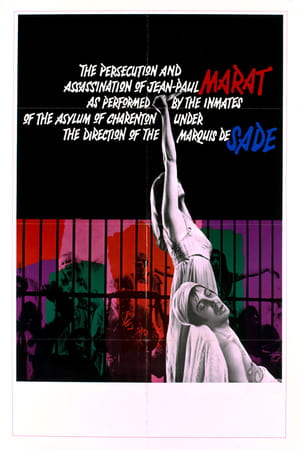 6.2
6.2Marat/Sade(en)
In Charenton Asylum, the Marquis de Sade directs a play about Jean Paul Marat's death, using the patients as actors. Based on 'The Persecution and Assassination of Jean-Paul Marat as Performed by the Inmates of the Asylum of Charenton Under the Direction of the Marquis de Sade', a 1963 play by Peter Weiss.
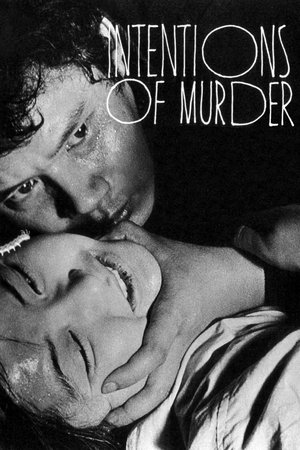 7.2
7.2Intentions of Murder(ja)
The neglected common-law wife of a Japanese librarian is repeatedly harassed by a young man with a heart condition who seduces her with the prospect of a better life.
 6.1
6.1Listen to Britain(en)
A depiction of life in wartime Britain during the Second World War. Director Humphrey Jennings visits many aspects of civilian life and of the turmoil and privation caused by the war, all without narration.
 6.2
6.2Carrington(en)
Painter Dora Carrington develops an intimate but extremely complex bond with writer Lytton Strachey. Though Lytton is a homosexual, he is enchanted by the mysterious Dora and they begin a lifelong friendship that has strangely romantic undertones. Eventually, Lytton and Dora decide to live together, despite the fact that the latter has fallen in love with military man Ralph Partridge, whom she plans to marry.
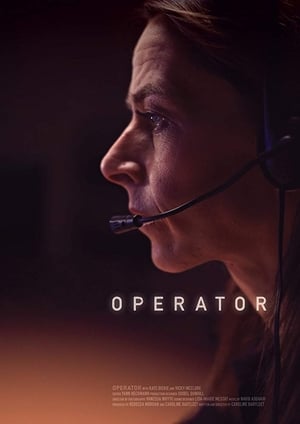 8.1
8.1Operator(en)
An Emergency Services Operator in a Fire Control Room has just started a long night shift when she picks up a call from a desperate young mother. An hour previously, Gemma had fallen asleep in front of the television and has now woken to find the room full of smoke. Her three year old son is trapped in his bedroom upstairs. Flames have started to creep down the stairs that Gemma must use in order to reach him. The operator’s guidance is all that Gemma can rely on in order to survive.
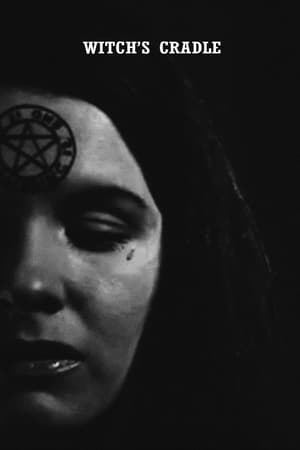 6.6
6.6Witch's Cradle(en)
The surrealist film shows repetitive imagery involving a string fashioned in a bizarre, almost spiderweb-like pattern over the hands of several individuals, most notably an unnamed young woman and an elderly gentleman. The film also shows a shadowy darkness and people filmed at odd angles, an exposed human heart, and other occult symbols and ritualistic imagery which evokes an unsettling and dream-like aura. Considered an unfinished film.
 7.3
7.3Man of Aran(en)
A documentary on the life of the people of the Aran Islands, who were believed to contain the essence of the ancient Irish life, represented by a pure uncorrupted peasant existence centred around the struggle between man and his hostile but magnificent surroundings. A blend of documentary and fictional narrative, the film captures the everyday trials of life on Ireland's unforgiving Aran Islands.
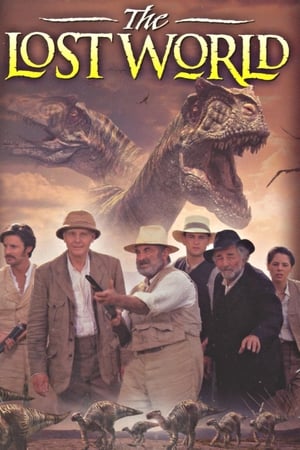 6.0
6.0The Lost World(en)
This Lost World is a splendid BBC TV dramatisation of Sir Arthur Conan Doyle's famous adventure story. Bob Hoskins makes an unusually genial Professor Challenger, far less of a bully than Doyle's character, but his slightly stereotyped companions are nicely filled out by a solid cast. James Fox is Challenger's more timid but still covertly adventurous rival, Tom Ward is the moustachioed big game hunter who faces an Allosaurus with an elephant gun, and Matthew Rhys plays the tagalong reporter hoping to impress his faithless fiancée.
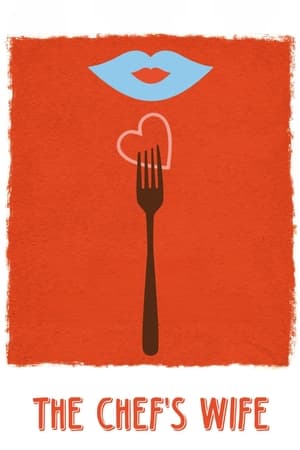 5.1
5.1The Chef's Wife(fr)
The wife of a successful chef feels unfulfilled in her rôle as dining-room hostess and consults career counselor, who is herself dissatisfied by her useful but mundane place in the scheme of things. Without meaning to, the two women find their lives growing tangled together, with ever more complex tragicomic consequences.
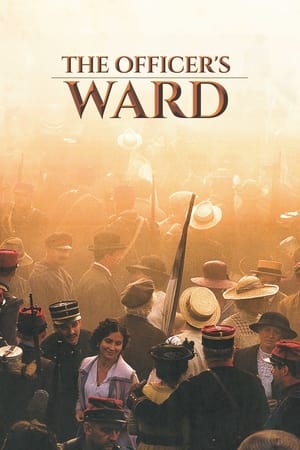 7.0
7.0The Officers' Ward(fr)
The first days of WWI. Adrien, a young and handsome lieutenant, is wounded by a piece of shrapnel. He will spend the entire wartime at the Val-de-Grâce Hospital, in Paris. Five long years, and his life will change forever...
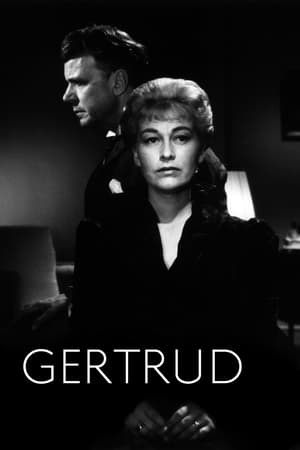 7.2
7.2Gertrud(da)
Hopeless romantic Gertrud inhabits a turn-of-the-century milieu of artists and musicians, where she pursues an idealized notion of love that will always elude her. She abandons her distinguished husband and embraces an affair with a young concert pianist, who falls short of her desire for lasting affection. When an old lover returns to her life, fresh disappointments follow, and Gertrud must try to come to terms with reality.
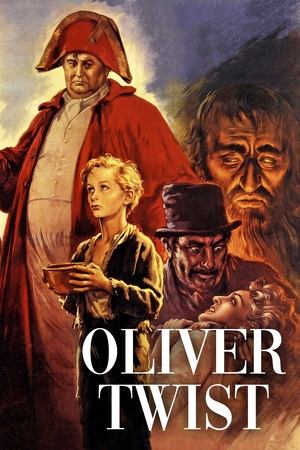 7.5
7.5Oliver Twist(en)
When 9-year-old orphan Oliver Twist dares to ask his cruel taskmaster, Mr. Bumble, for a second serving of gruel, he's hired out as an apprentice. Escaping that dismal fate, young Oliver falls in with the street urchin known as the Artful Dodger and his criminal mentor, Fagin. When kindly Mr. Brownlow takes Oliver in, Fagin's evil henchman Bill Sikes plots to kidnap the boy.
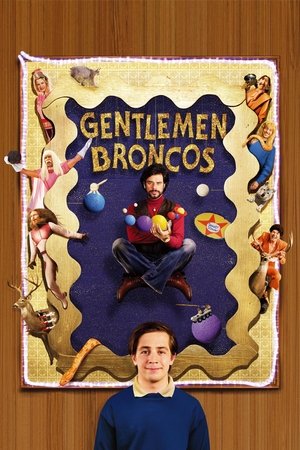 5.7
5.7Gentlemen Broncos(en)
A teenager attends a fantasy writers' convention where he discovers his idea has been stolen by an established novelist.
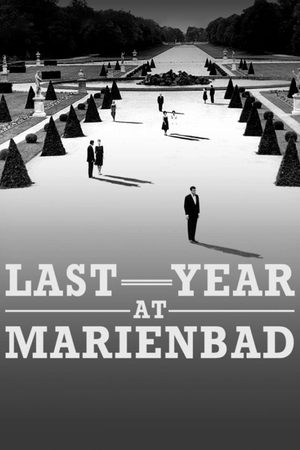 7.4
7.4Last Year at Marienbad(fr)
In a strange and isolated chateau, a man becomes acquainted with a woman and insists that they have met before.
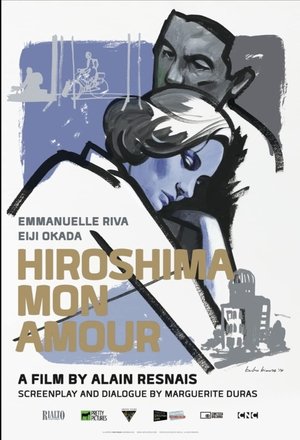 7.7
7.7Hiroshima Mon Amour(fr)
The deep conversation between a Japanese architect and a French actress forms the basis of this celebrated French film, considered one of the vanguard productions of the French New Wave. Set in Hiroshima after the end of World War II, the couple -- lovers turned friends -- recount, over many hours, previous romances and life experiences. The two intertwine their stories about the past with pondering the devastation wrought by the atomic bomb dropped on the city.
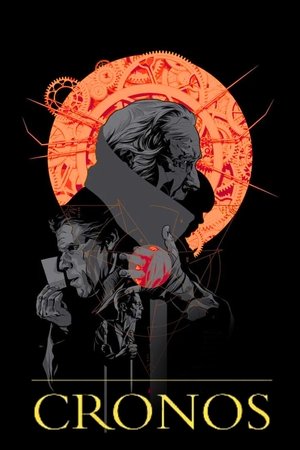 6.7
6.7Cronos(es)
Faced with his own mortality, an ingenious alchemist tried to perfect an invention that would provide him with the key to eternal life. It was called the Cronos device. When he died more than 400 years later, he took the secrets of this remarkable device to the grave with him. Now, an elderly antiques dealer has found the hellish machine hidden in a statue and learns about its incredible powers. The more he uses the device, the younger he becomes...but nothing comes without a price. Life after death is just the beginning as this nerve-shattering thriller unfolds and the fountain of youth turns bloody.
 8.3
8.3Shoah(fr)
Director Claude Lanzmann spent 11 years on this sprawling documentary about the Holocaust, conducting his own interviews and refusing to use a single frame of archival footage. Dividing Holocaust witnesses into three categories – survivors, bystanders, and perpetrators – Lanzmann presents testimonies from survivors of the Chelmno concentration camp, an Auschwitz escapee, and witnesses of the Warsaw Ghetto Uprising, as well as a chilling report of gas chambers from an SS officer at Treblinka.
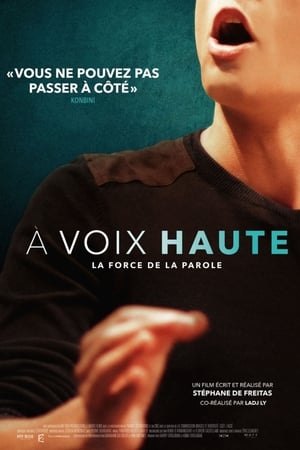 7.8
7.8Speak Up(fr)
Raise the voice, speak eloquently, construct and argue a discourse. Tools so necessary in life as exciting to build. In Paris, the date of Eloquentia, an oratory contest where young people —not exactly privileged— will measure their strength, is approaching.
Similar Movies
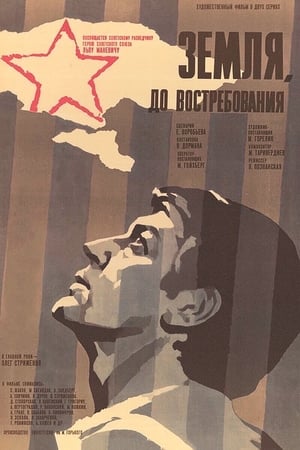 1.0
1.0Land, Poste Restante(ru)
Based on a true story about Soviet spy Lev Manevich. He lives in Italy and operates in the Nazi Germany and Austria. Manevich, who is posing as a businessman, collects information about the latest German airplanes made by Messerschmitt for Luftwaffe. On his spying trip to Berlin, Manevich noticed that a stranger was following him. Now his life is in danger, but he must do something to complete his mission...
 7.9
7.9Downfall(de)
In April of 1945, Germany stands at the brink of defeat with the Russian Army closing in from the east and the Allied Expeditionary Force attacking from the west. In Berlin, capital of the Third Reich, Adolf Hitler proclaims that Germany will still achieve victory and orders his generals and advisers to fight to the last man. When the end finally does come, and Hitler lies dead by his own hand, what is left of his military must find a way to end the killing that is the Battle of Berlin, and lay down their arms in surrender.
 7.1
7.1The Arrival of a Train at La Ciotat(fr)
A group of people are standing along the platform of a railway station in La Ciotat, waiting for a train. One is seen coming, at some distance, and eventually stops at the platform. Doors of the railway-cars open and attendants help passengers off and on. Popular legend has it that, when this film was shown, the first-night audience fled the café in terror, fearing being run over by the "approaching" train. This legend has since been identified as promotional embellishment, though there is evidence to suggest that people were astounded at the capabilities of the Lumières' cinématographe.
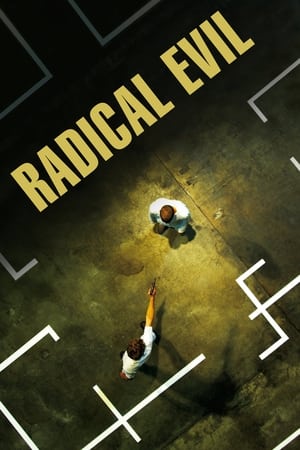 7.2
7.2Radical Evil(de)
Das radikal Böse is a German-Austrian documentary that attempted to explore psychological processes and individual decision latitude "normal young men" in the German Einsatzgruppen of the Security Police and SD, which in 1941 during the Second World War as part of the Holocaust two million Jewish civilians shot dead in Eastern Europe.
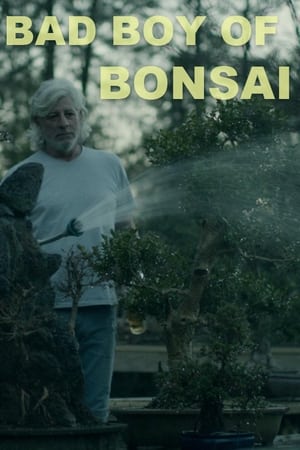 0.0
0.0Bad Boy of Bonsai(en)
Bad Boy of Bonsai is an experimental art-house documentary that focuses on Guy Guidry, a Louisiana local, and his passion for bonsai.
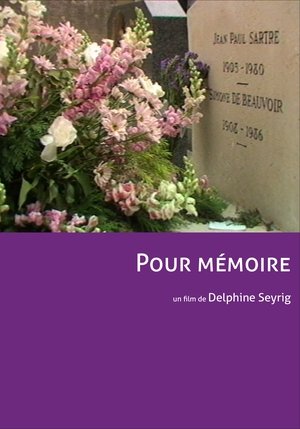 0.0
0.0In Memory(fr)
One year after the death of Simone de Beauvoir (14 april 1986) Delphine Seyrig pays homage by visiting her grave. which she finds still covered with flowers and letters from all over the world.
 6.9
6.9The Tin Drum(de)
Oskar Matzerath is a very unusual boy. Refusing to leave the womb until promised a tin drum by his mother, Agnes, Oskar is reluctant to enter a world he sees as filled with hypocrisy and injustice, and vows on his third birthday to never grow up. Miraculously, he gets his wish. As the Nazis rise to power in Danzig, Oskar wills himself to remain a child, beating his tin drum incessantly and screaming in protest at the chaos surrounding him.
 6.9
6.9Pearl Harbor(en)
The lifelong friendship between Rafe McCawley and Danny Walker is put to the ultimate test when the two ace fighter pilots become entangled in a love triangle with beautiful Naval nurse Evelyn Johnson. But the rivalry between the friends-turned-foes is immediately put on hold when they find themselves at the center of Japan's devastating attack on Pearl Harbor on Dec. 7, 1941.
 6.9
6.9Olympia: Part One – Festival of the Nations(de)
Commissioned to make a propaganda film about the 1936 Olympic Games in Germany, director Leni Riefenstahl created a celebration of the human form. This first half of her two-part film opens with a renowned introduction that compares modern Olympians to classical Greek heroes, then goes on to provide thrilling in-the-moment coverage of some of the games' most celebrated moments, including African-American athlete Jesse Owens winning a then-unprecedented four gold medals.
 6.7
6.7Olympia: Part Two – Festival of Beauty(de)
Commissioned to make a propaganda film about the 1936 Olympic Games in Germany, director Leni Riefenstahl created a celebration of the human form. Where the two-part epic's first half, Festival of the Nations, focused on the international aspects of the 1936 Olympic Games held in Berlin, part two, The Festival of Beauty, concentrates on individual athletes such as equestrians, gymnasts, and swimmers, climaxing with American Glenn Morris' performance in the decathalon and the games' majestic closing ceremonies.
 7.6
7.6The Last Emperor(en)
A dramatic history of Pu Yi, the last of the Emperors of China, from his lofty birth and brief reign in the Forbidden City, the object of worship by half a billion people; through his abdication, his decline and dissolute lifestyle; his exploitation by the invading Japanese, and finally to his obscure existence as just another peasant worker in the People's Republic.
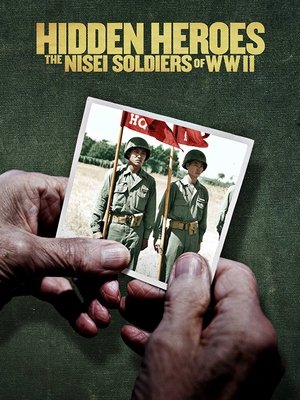 0.0
0.0Hidden Heroes: The Nisei Soldiers of WWII(en)
Featuring sit-down interviews with experts and historians, follows the story of the Japanese American soldiers of WWII who fought for the ideals of American democracy.
 6.7
6.7Workers Leaving the Lumière Factory(fr)
Working men and women leave through the main gate of the Lumière factory in Lyon, France. Filmed on 22 March 1895, it is often referred to as the first real motion picture ever made, although Louis Le Prince's 1888 Roundhay Garden Scene pre-dated it by seven years. Three separate versions of this film exist, which differ from one another in numerous ways. The first version features a carriage drawn by one horse, while in the second version the carriage is drawn by two horses, and there is no carriage at all in the third version. The clothing style is also different between the three versions, demonstrating the different seasons in which each was filmed. This film was made in the 35 mm format with an aspect ratio of 1.33:1, and at a speed of 16 frames per second. At that rate, the 17 meters of film length provided a duration of 46 seconds, holding a total of 800 frames.
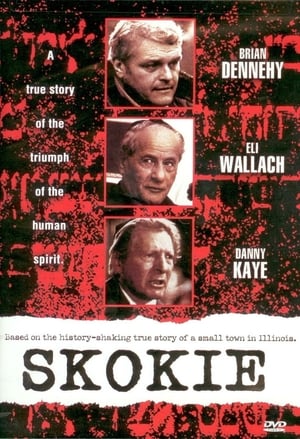 6.0
6.0Skokie(en)
A dramatization of the controversial trial concerning the right for Neo-Nazis to march in the predominantly Jewish community of Skokie, Illinois.
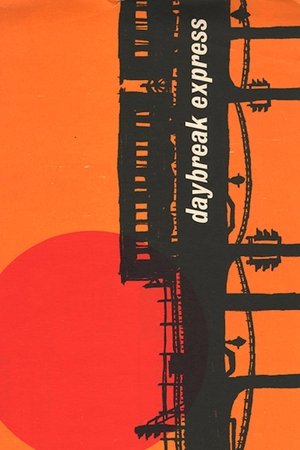 7.3
7.3Daybreak Express(en)
Set to a classic Duke Ellington recording "Daybreak Express", this is a five-minute short of the soon-to-be-demolished Third Avenue elevated subway station in New York City.
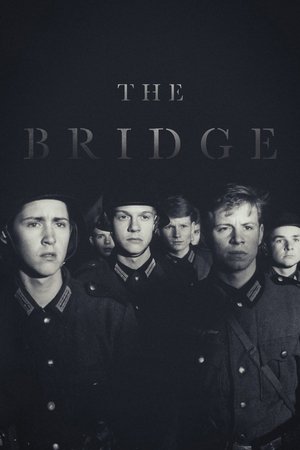 7.5
7.5The Bridge(de)
A group of German boys are ordered to protect a small bridge in their home village during the waning months of the second world war. Truckloads of defeated, cynical Wehrmacht soldiers flee the approaching American troops, but the boys, full of enthusiasm for the "blood and honor" Nazi ideology, stay to defend the useless bridge. The film is based on a West German anti-war novel of the same name, written by Gregor Dorfmeister.
 6.6
6.62 or 3 Things I Know About Him(de)
What would your family reminiscences about dad sound like if he had been an early supporter of Hitler’s, a leader of the notorious SA and the Third Reich’s minister in charge of Slovakia, including its Final Solution? Executed as a war criminal in 1947, Hanns Ludin left behind a grieving widow and six young children, the youngest of whom became a filmmaker. It's a fascinating, maddening, sometimes even humorous look at what the director calls "a typical German story." (Film Forum)
 0.0
0.0Post Traumatic: An American Nightmare(en)
This thirty minute documentary features interviews with Giovinazzo's key contemporaries discussing the continued impact and influence of Combat Shock twenty-five years later.
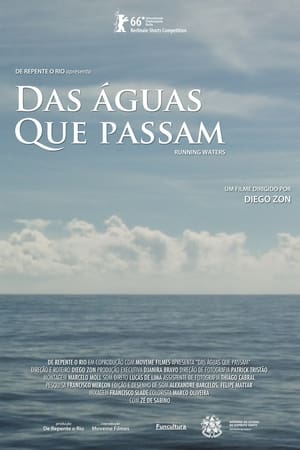 0.0
0.0Running Waters(pt)
A portrait of the daily life of Zé de Sabino, a fisherman who works and lives in the breathtaking village of Regência, Espirito Santo (located near the Rio Doce, which suffered one of the greatest environmental tragedy in Brazil's history). The vastness of man is a place suspended in time, bordered by sky, land, river, and sea.
